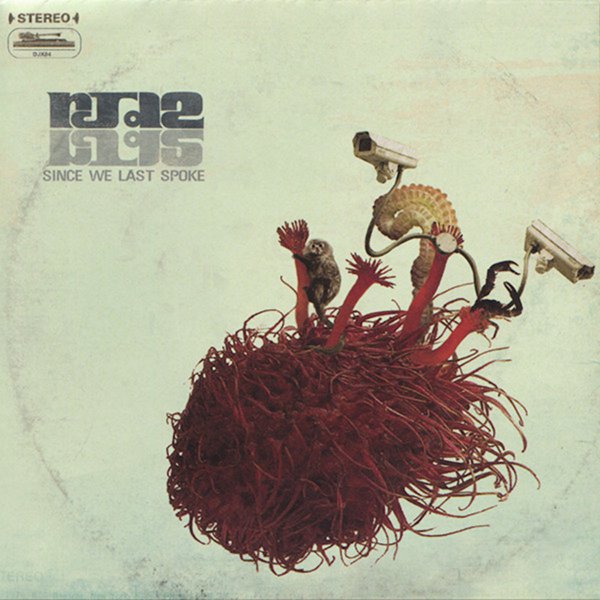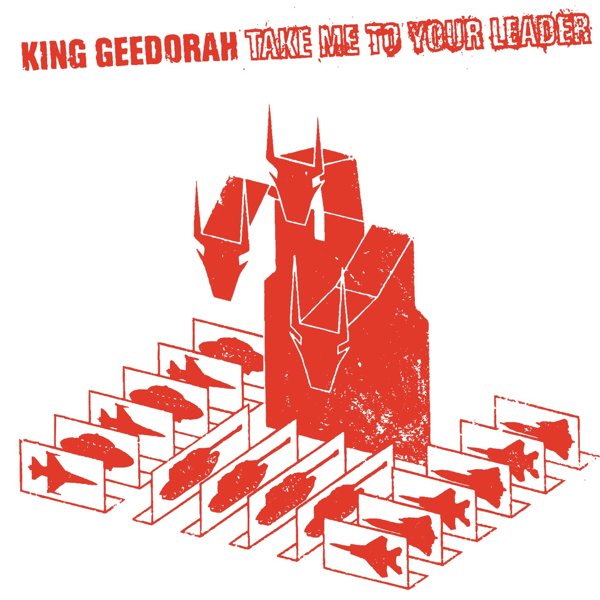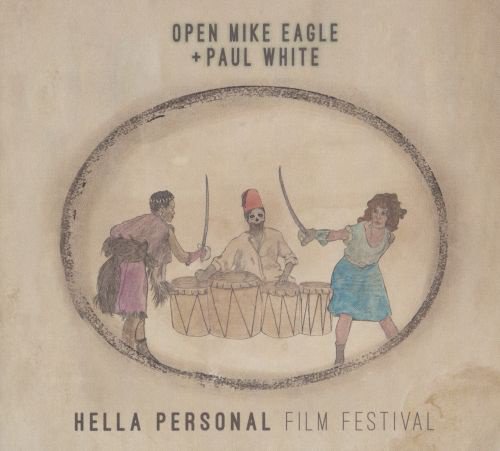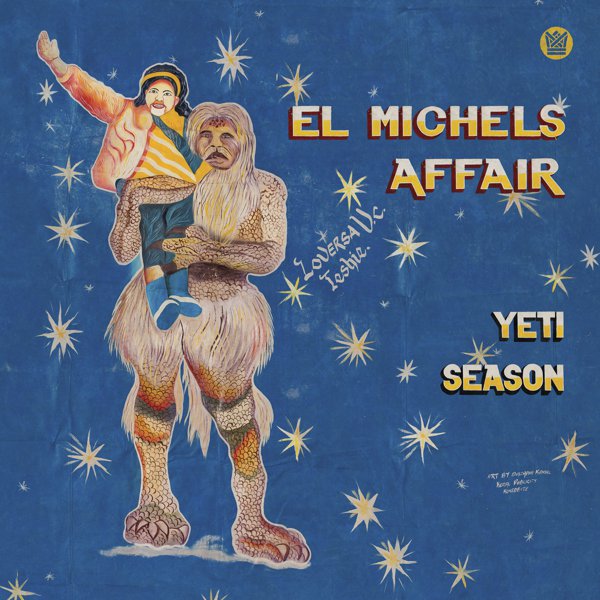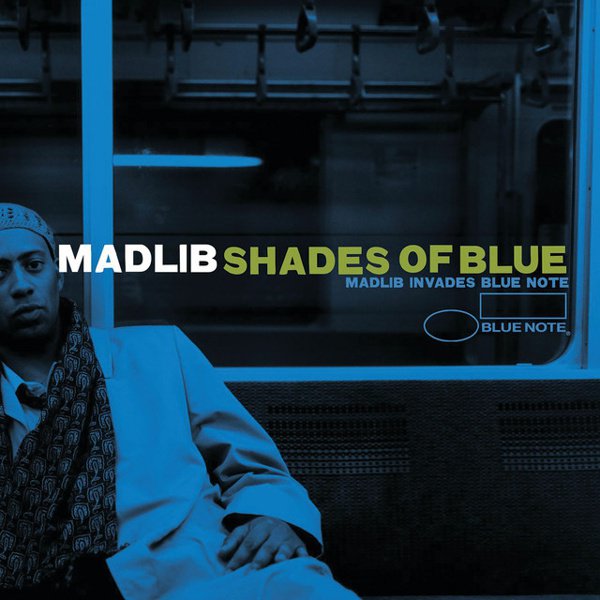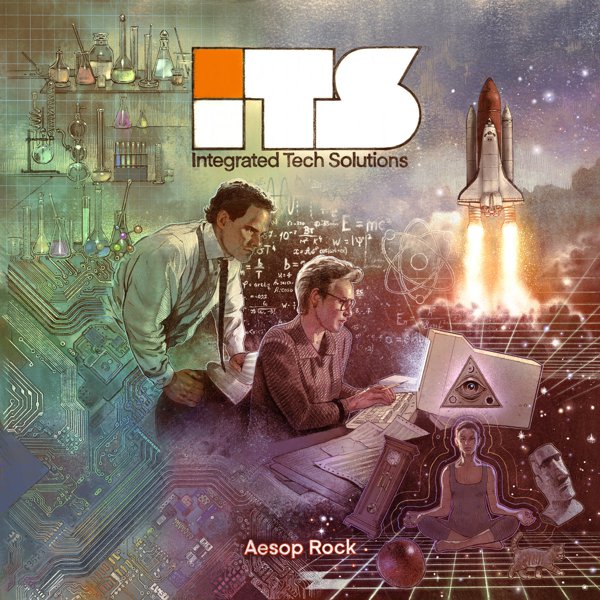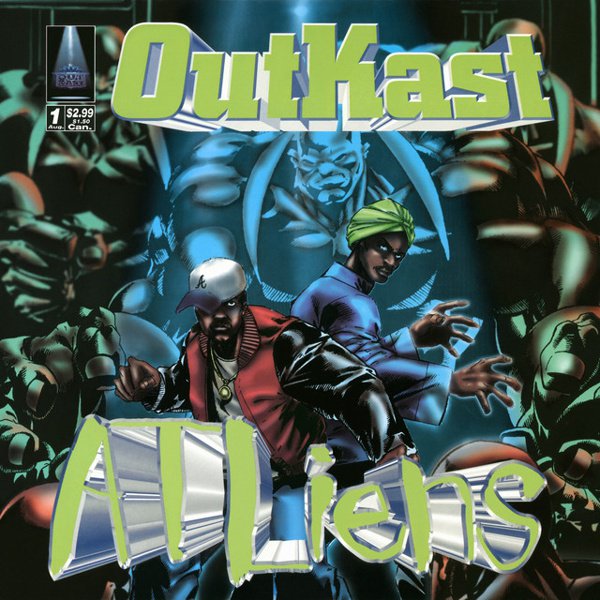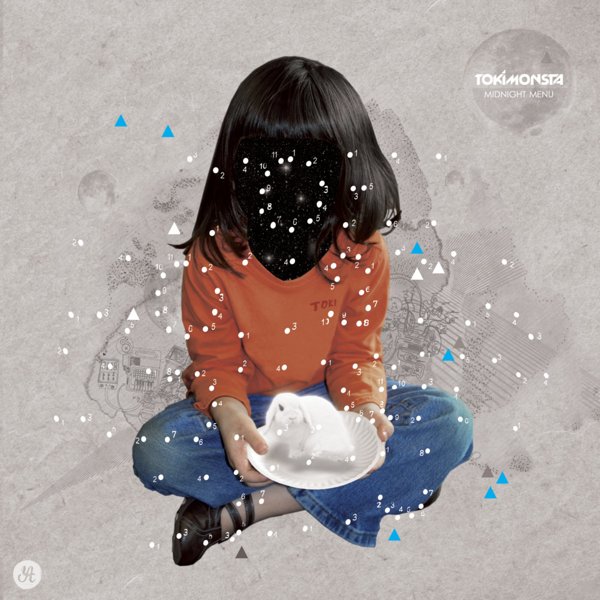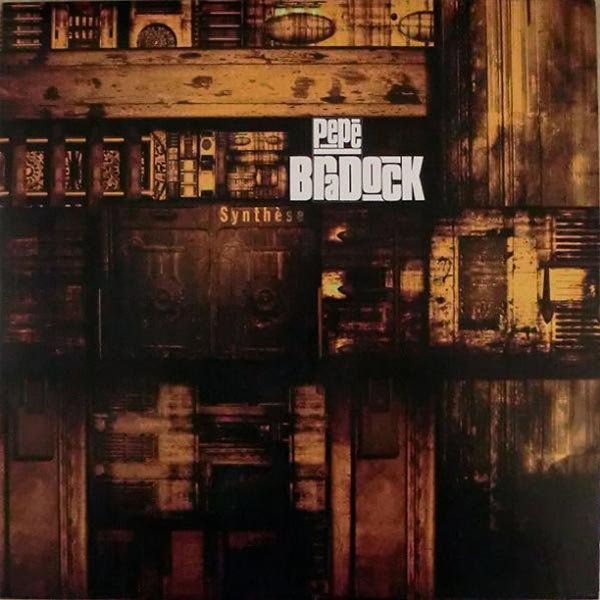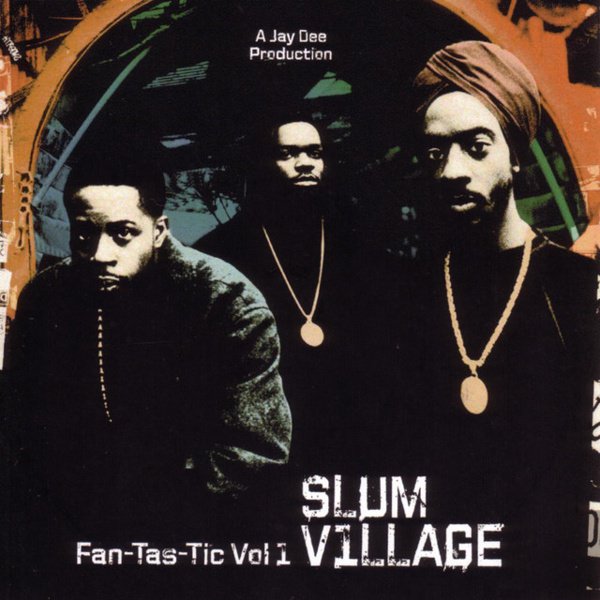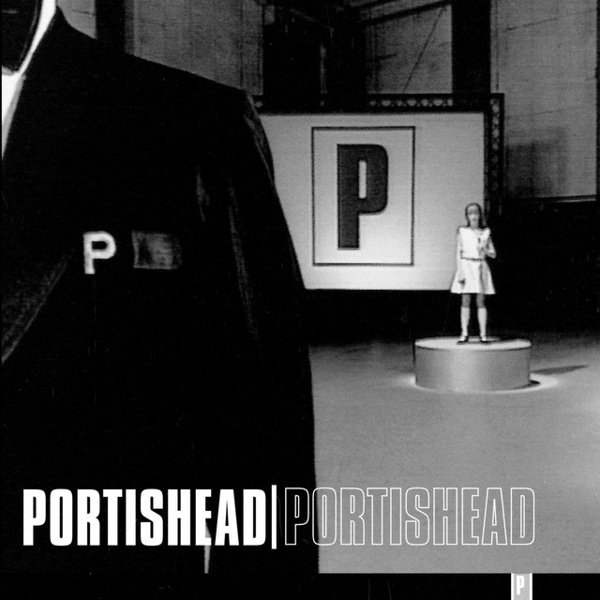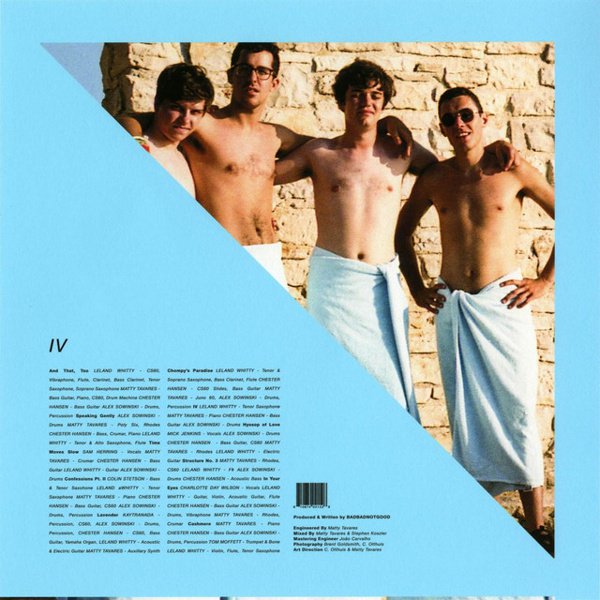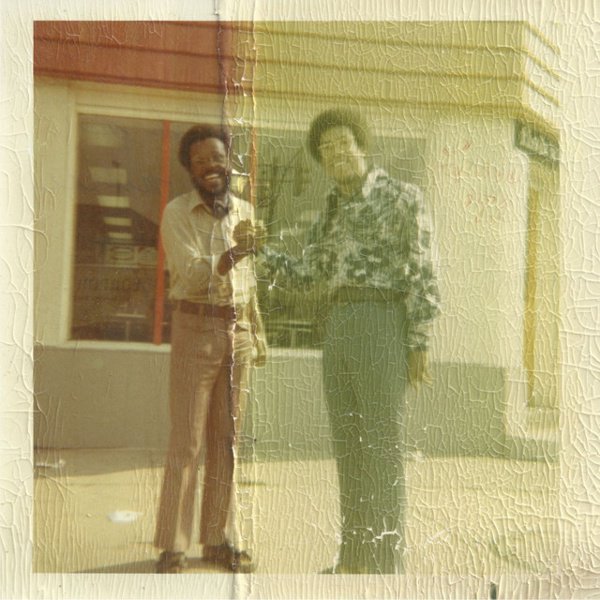Since We Last Spoke
If Deadringer established a tenuous foundation for RJD2’s rep — one based around both countless comparisons to his abstract beatmaker peers and a sense that he could go in any number of different directions afterwards — his second album took a more surprising angle: what would it sound like if you built a straight-up rock record using hip-hop methodology? Since We Last Spoke didn’t just stop at that question, though — with a cratedigger’s scenester-defying range, it laid out the parameters of its “rock moves” to include a multitude of modern-thinking throwbacks that break the rigid formatting of ’70s and ’80s AOR to pieces. The ensuing music’s ambiguously nostalgic for a previous generation’s sounds, but determined to make them intermingle in sample-era ways corporate rock was usually too timid to try the first time around. So RJ filters his rhythmic instincts through a whole litany of styles that stretch from wiry, menacing guitar Stoogery (the title cut’s “Gimme Danger”isms) to Cars-oid new wave (“Through the Walls,” later to be remixed featuring none other than Ric Ocasek on vox) to hyperactive synth-prog (“Iced Lightning” as a version of Alan Parsons’ “Sirius” meant to announce an all-cyborg Chicago Bulls starting lineup). And while RJ’s singer-songwriter potential didn’t quite pan out — followup The Third Hand proved he was better building instrumental riffs than actually singing his own words — it’s still worth hearing the initial feints towards it here, including a plaintive cover of Labi Siffre’s “Bless the Telephone” (retitled “Making Days Longer”) refitted into a digital-baroque Broken Social Scene vibe. There’s still just as much funk to the structure as ever — best heard in the Latin-pop brass of “1976” that splits the difference between Westbound-era Ohio Players and Going Places Herb Alpert (with a Ethio-jazz-esque keyboard solo dropped in just to blur things even further), and the brilliant “Clean Living,” which digs deep enough to build its acid-folk ornamentation around the drum breaks of a teenaged L.A. Reid playing for Cincinatti obscurities Pure Essence — and also knows better than to jostle apart the source material’s deep-pocketed rhythm-section interplay. On top of all that, closer “One Day” is a minor miracle: a drum track that offers spiritual uplift, a piano that emphasizes the sorrow that makes people seek it out, and an impassioned vocal — sourced from who knows where — so buried in self-conscious, anguished inertia that it glitches out when it’s time to admit “I’ve been a fool.”

